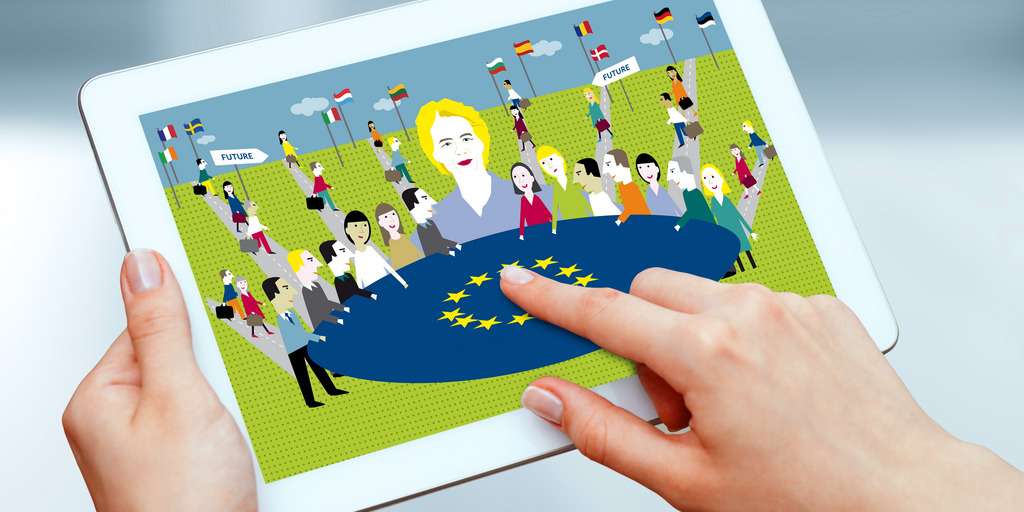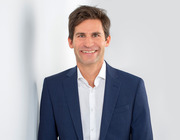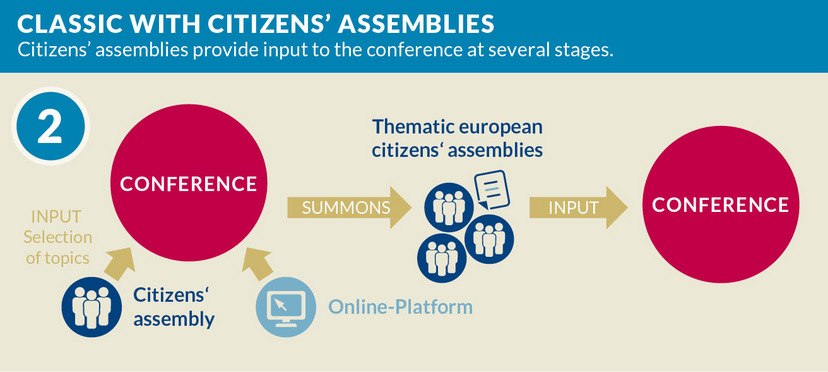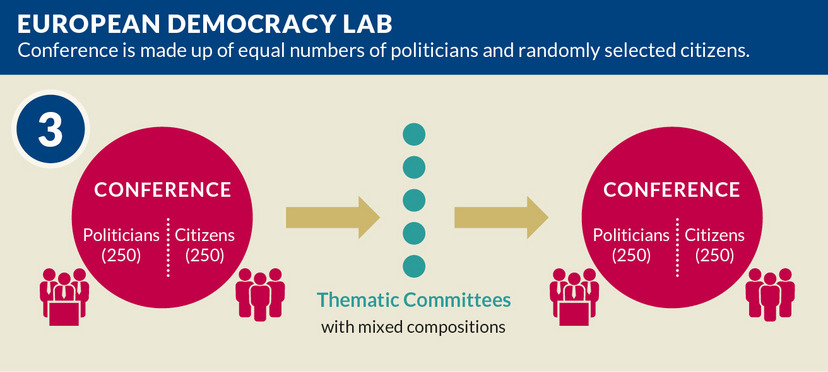The first plans for the Conference on the Future of Europe are now circulating in Brussels. Who should be involved, and what are the objectives? What topics? How to deal with the expectations of the public, and of member states? The concrete mandate for the conference is still unclear. European federalists are hoping to gain momentum for treaty change. Many member states are afraid of that very outcome. There seems to be agreement that the public should play a more important role in the discussions than has been the case in the past. With populism flaring up, growing scepticism towards elites, and perceived gaps in representation on the part of the EU population, this is urgently needed.

© Sikov - stock.adobe.com
Citizens for the Conference on the Future of Europe
Commission President Ursula von der Leyen has announced a two-year Conference on the Future of Europe. Even citizens ought to participate. But how? In order to make participatory democracy a reality, it is essential to avoid only paying lip-service to the idea of participation — and give citizens a real say.
Indeed, participatory democracy is the talk of the town. Citizens’ participation is being tested out far more commonly across Europe, both in pilot experiments and on a larger scale. The EU, too, has taken initial steps in this direction. Still, there is often a gap between expectations and reality. For instance, there is barely any public awareness of the European Citizens’ Initiative. The European Citizens’ Consultations initiated by the French President in 2018 were at best a well-coordinated attempt at dialogue in all member states, without generating a lot of tangible results.
Three possible models of citizens' participation at the Conference on the Future of Europe
The Conference on the Future of Europe offers the chance to give the public a direct voice when it comes to developing the future shape of the EU. This would be a first. Done well, citizens’ participation increases people’s trust in democracy and improves policies. As the sovereign, Europe’s citizens should obviously be involved. The EU, seemingly so remote from its citizens, could become a pioneer of innovative participation. At the same time, when done poorly, citizens’ participation damages European democracy.
Citizens’ participation in the Conference on the Future of Europe must be carefully designed and smartly choreographed. It should not simply be a communication exercise, but should herald a change in the culture of the EU institutions. Our policy brief “Conference talk” discusses the principles and success factors of good participation, and highlights three possible models of citizens’ participation.






